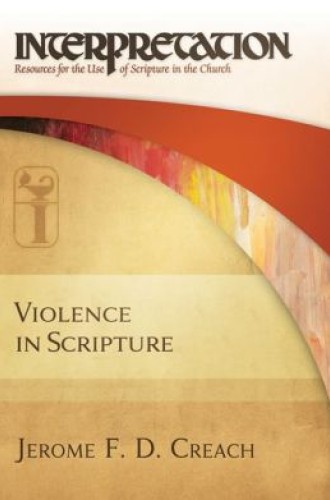Warrior God
In the past decade or so I have regularly been asked the question, “What are we to make of violence in the Old Testament?” So has every Old Testament teacher I know. It is as though there is a new awareness of that violence. Perhaps that is simply because the church is now paying more attention to the Old Testament, or perhaps it is because we live in an acutely violent society.
I take the question to mean, How are we to understand the human barbarism in the Old Testament that is legitimated by God or, beyond that, the violence perpetrated directly by God? How are we to reconcile that violence with the gospel of God’s love, grace and forgiveness given to us in Jesus Christ?
Jerome Creach’s book Violence in Scripture is among the best of a recent stream of books on the topic. Creach is a knowledgeable, careful reader of texts, he knows the interpretive tradition of the church, and he is committed to the primary claims of the gospel. His general perspective is this:





